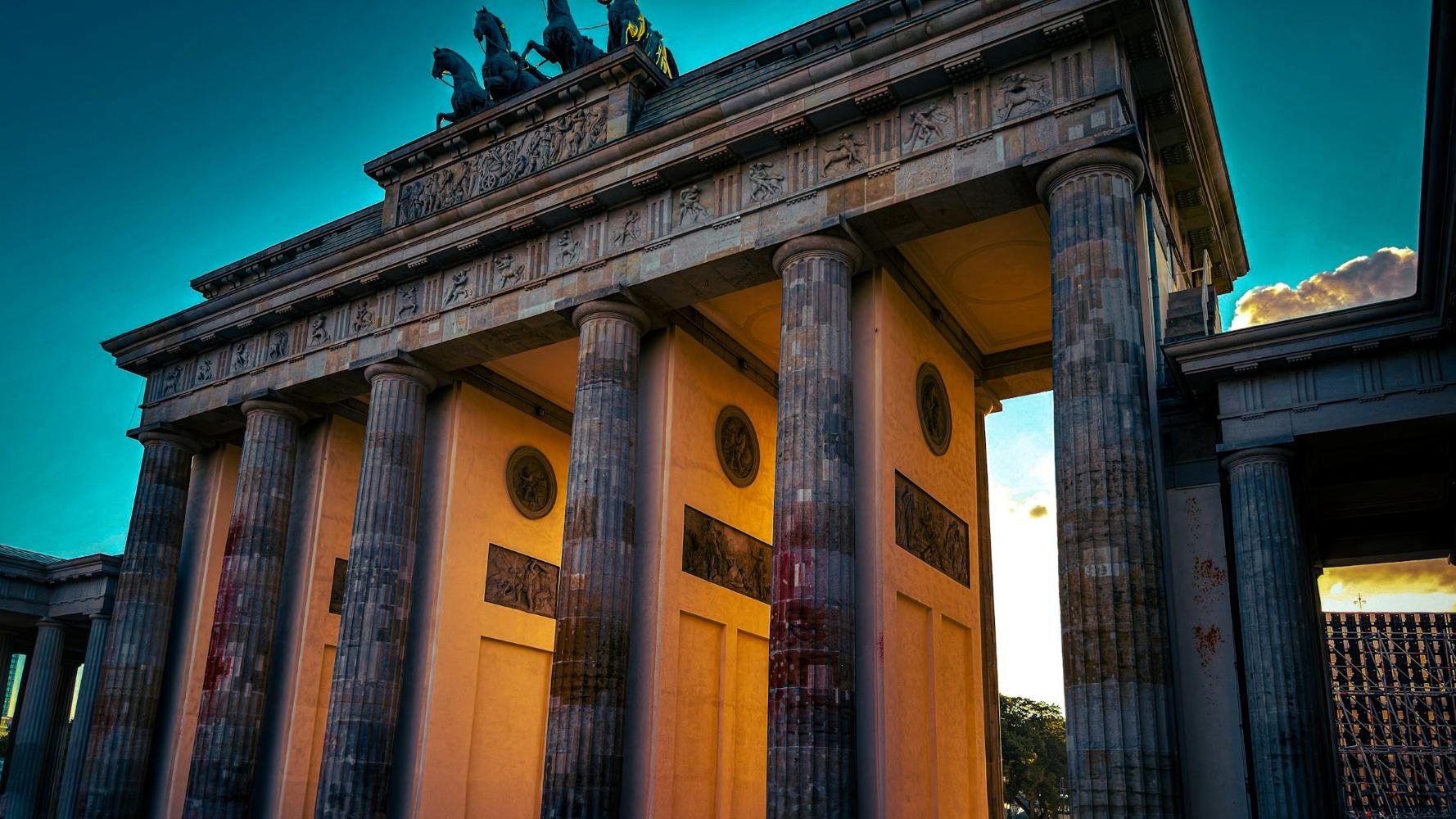t every IMF and World Bank meeting, one question inevitably arises: how much space is truly given to the human dimension in their decisions? As a physician and public health expert working at the intersection of health policy and harm reduction, I see every day how economic choices shape (sometimes brutally) the lives of patients and citizens.
The mandate of these institutions can no longer be confined to market stabilization or debt management. Their mission must explicitly include health, dignity, and equity. Without healthy citizens, no economy can be sustainable. Morocco—and Africa more broadly, illustrated by numerous ministers at convenings this year—hold a strong conviction: health must be recognized as an investment, not a cost, and as the foundation of resilient development. The principle of harm reduction illustrates this well: instead of denying or punishing vulnerabilities, it addresses them pragmatically, preserving life while enabling individuals to move forward and even grow.
Resilience, from an African perspective, cannot be reduced to growth rates or financial charts. It is measured by a health system’s ability to continue delivering care in the midst of crises—to ensure that a diabetic patient has access to insulin, that a mother can give birth safely, and that a young person can keep learning and envision a future. Resilience is lived daily, in the trust maintained between states and their citizens. This is why we speak of the patient–citizen: not a passive recipient of care, but an active participant, a rights–holder with agency and responsibility.
Global economic governance must evolve toward a truly multiparty diplomacy. Governments alone cannot address the interconnected crises of health, climate change, food security, and inequality. Patient associations, researchers, local businesses, communities, and equitable gender representation must also have a seat at the table. Africa has already shown the way: South–South cooperation is not a secondary option, but a central path to designing tailored solutions, sharing local innovations, and strengthening our collective autonomy. In this context, gender equity and cross–border cooperation are indispensable levers to give full scope to this expanded diplomacy.
Reforming the IMF and the World Bank therefore requires more than technical adjustments. It calls for a paradigm shift: to place the human being back at the center, to recognize health as a driver of prosperity, and to accept that global resilience will depend, above all, on the dignity of every citizen.


a global affairs media network
Health is wealth, Africa's message to the IMF and World Bank

Photo by William Farlow on Unsplash
October 13, 2025
Resilience, from an African perspective, cannot be reduced to growth rates or financial charts. For the IMF and World Bank to meet the future well, they must reform to reserve real space for the human dimension in decision making, writes Dr. Imane Kendili.
A
t every IMF and World Bank meeting, one question inevitably arises: how much space is truly given to the human dimension in their decisions? As a physician and public health expert working at the intersection of health policy and harm reduction, I see every day how economic choices shape (sometimes brutally) the lives of patients and citizens.
The mandate of these institutions can no longer be confined to market stabilization or debt management. Their mission must explicitly include health, dignity, and equity. Without healthy citizens, no economy can be sustainable. Morocco—and Africa more broadly, illustrated by numerous ministers at convenings this year—hold a strong conviction: health must be recognized as an investment, not a cost, and as the foundation of resilient development. The principle of harm reduction illustrates this well: instead of denying or punishing vulnerabilities, it addresses them pragmatically, preserving life while enabling individuals to move forward and even grow.
Resilience, from an African perspective, cannot be reduced to growth rates or financial charts. It is measured by a health system’s ability to continue delivering care in the midst of crises—to ensure that a diabetic patient has access to insulin, that a mother can give birth safely, and that a young person can keep learning and envision a future. Resilience is lived daily, in the trust maintained between states and their citizens. This is why we speak of the patient–citizen: not a passive recipient of care, but an active participant, a rights–holder with agency and responsibility.
Global economic governance must evolve toward a truly multiparty diplomacy. Governments alone cannot address the interconnected crises of health, climate change, food security, and inequality. Patient associations, researchers, local businesses, communities, and equitable gender representation must also have a seat at the table. Africa has already shown the way: South–South cooperation is not a secondary option, but a central path to designing tailored solutions, sharing local innovations, and strengthening our collective autonomy. In this context, gender equity and cross–border cooperation are indispensable levers to give full scope to this expanded diplomacy.
Reforming the IMF and the World Bank therefore requires more than technical adjustments. It calls for a paradigm shift: to place the human being back at the center, to recognize health as a driver of prosperity, and to accept that global resilience will depend, above all, on the dignity of every citizen.


